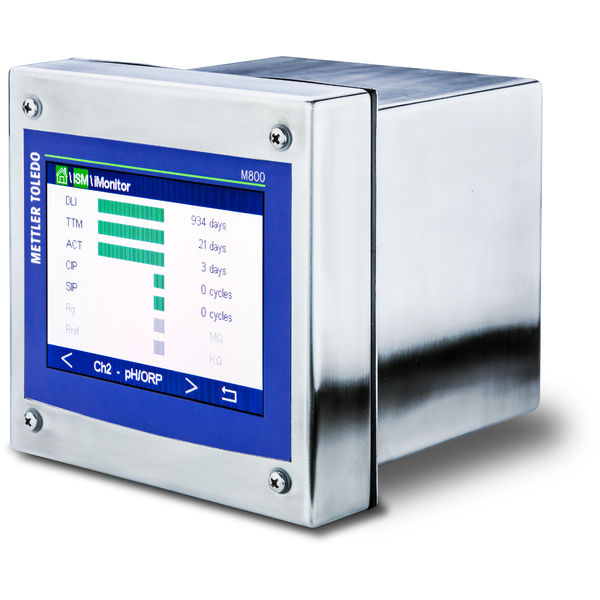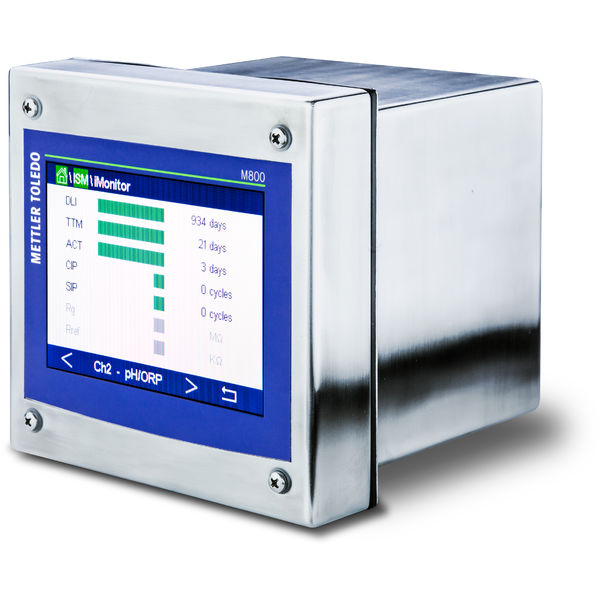
Precision Bench Scale
High-Precision, Versatile Bench Scales for Industrial Weighing
Precision bench scales are built to last with rugged construction and durable materials that are perfect for industrial settings. Precision bench scales are designed with advanced technology to deliver fast, precise, and repeatable measurements, even for the smallest of weights. Our precision bench scales come in a range of capacities and resolutions to support processes such as mixing, weighing, counting and checkweighing.
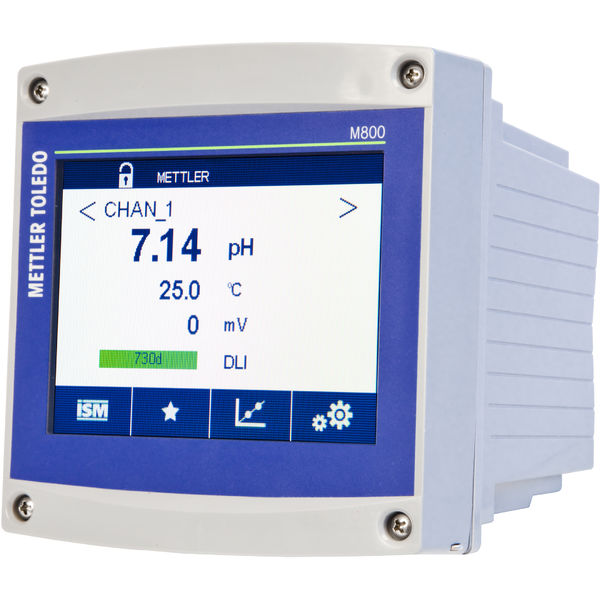
Transmitter M800 Process 1-CH
Den enkanaliga M800 Process är en multiparametertransmitter med hög prestanda som ger pålitliga mätningar och har en praktisk färgpekskärm och kapacitet för många olika ISM-givare och analoga givare.
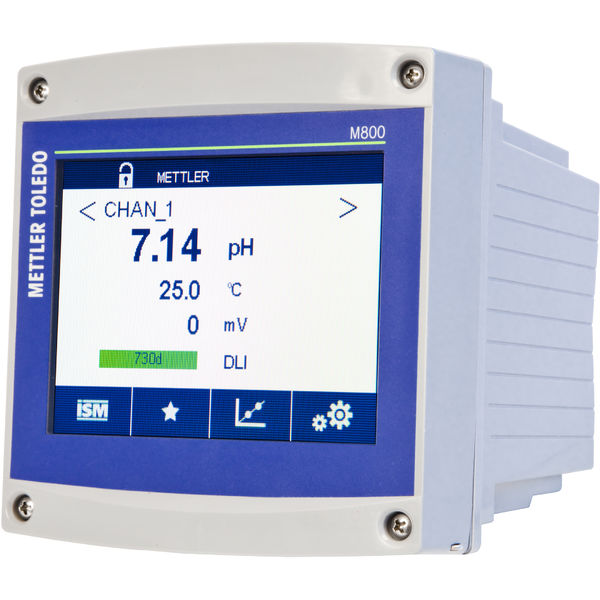
Transmitter M800 Process 2-CH
Den tvåkanaliga M800 Process är en multiparametertransmitter med hög prestanda som ger pålitliga mätningar och har en praktisk färgpekskärm och kapacitet för många olika ISM-givare.
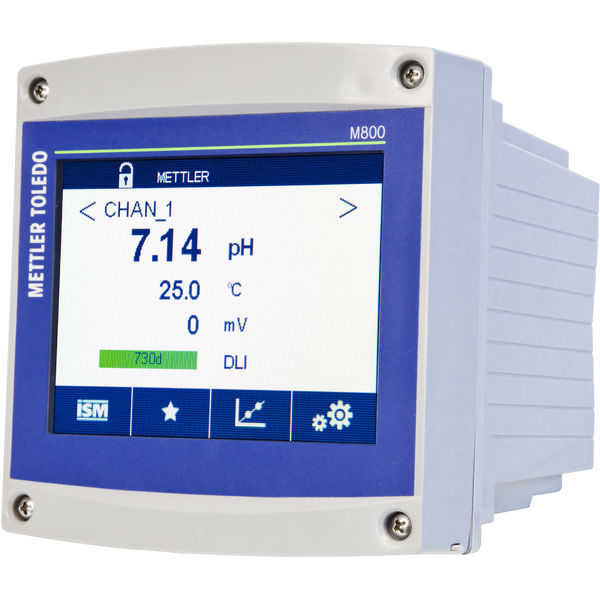
Transmitter M800 Process 4-CH
Den fyrkanaliga M800 Process är en multiparametertransmitter med hög prestanda som ger pålitliga mätningar och har en praktisk färgpekskärm och kapacitet för många olika ISM-givare.
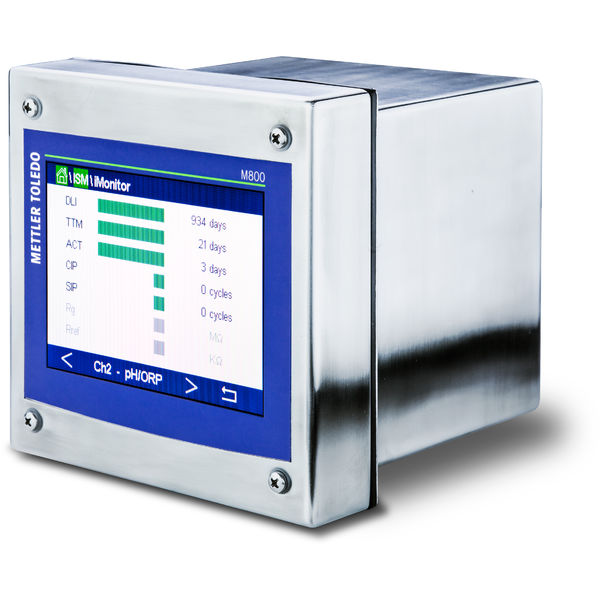
Transmitter M800 Process 1-CH SS
Den enkanaliga M800 Process är en multiparametertransmitter med hölje i rostfritt stål som erbjuder effektiv och pålitlig mätning och möjlighet till integration med många olika ISM-givare och analoga givare.
Lås op for Service Excellence - Maksimer din effektivitet

Lås op for Service Excellence - Maksimer din effektivitet
Læs mere om vores serviceydelser – skræddersyet til dit udstyr
Driftstid. Support & Reparation
Ydelse. Vedligeholdelse & Optimering
Overensstemmelse. Kalibrering & Kvalitet
Expertise. Træning og Rådgivning
- Basisvægte til industriel brug
- Bench Scale with USB Interface
- Bordvægte
- Bordvægte til tørre og støvede miljøer
- Bænkevægt 0,1g læsbarhed
- Bænkevægte i rustfrit stål
- Bænkevægte til brug i forbindelse med lovlig handel
- Checkvejere
- NTEP-bordvægte
- Printere og eksternt udstyr
- Tællevægte
- Vaskeklare bænkvægte / vandtætte bænkvægte
- Vaskeklare bænkvægte / vandtætte bænkvægte
FAQ
What is a precision bench scale?
A precision bench scale is a highly accurate weighing instrument used in industrial settings for measuring small or medium-sized objects. A precision bench scale uses advanced weighing technologies and is used in applications such as mixing, weighing, counting and checkweighing. A precision bench scale comes in many sizes and capacities and is compact, easy to use, and is an essential tool for industries that require precise measurements.
What is scale accuracy vs precision?
Scale accuracy and precision are terms used to describe the quality of measurements. Accuracy is about how close a measurement is to the actual value, while precision is about how consistent the measurement is when repeated. Accuracy is a measure of how well a measurement matches the actual value it is supposed to represent.
How do you know if a scale is precise?
A scale is considered precise if it can consistently and accurately measure weight with a high level of accuracy. This means that when you place an object on the scale, the weight it displays should be close to the actual weight of the object. To determine if a scale is precise, you can perform multiple measurements of the same object and compare the results. If the scale consistently displays the same weight for the same object, then it is considered precise. Precision is not the same as accuracy, so accuracy tests are necessary to ensure correct measurements.
Why is precision important in bench scales?
Precision is important in bench scales because it ensures that the scale can provide consistent measurements, which is essential in many applications. Imprecise measurements can lead to errors in calculations, waste of materials, and other issues.





